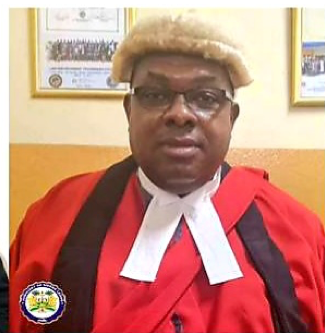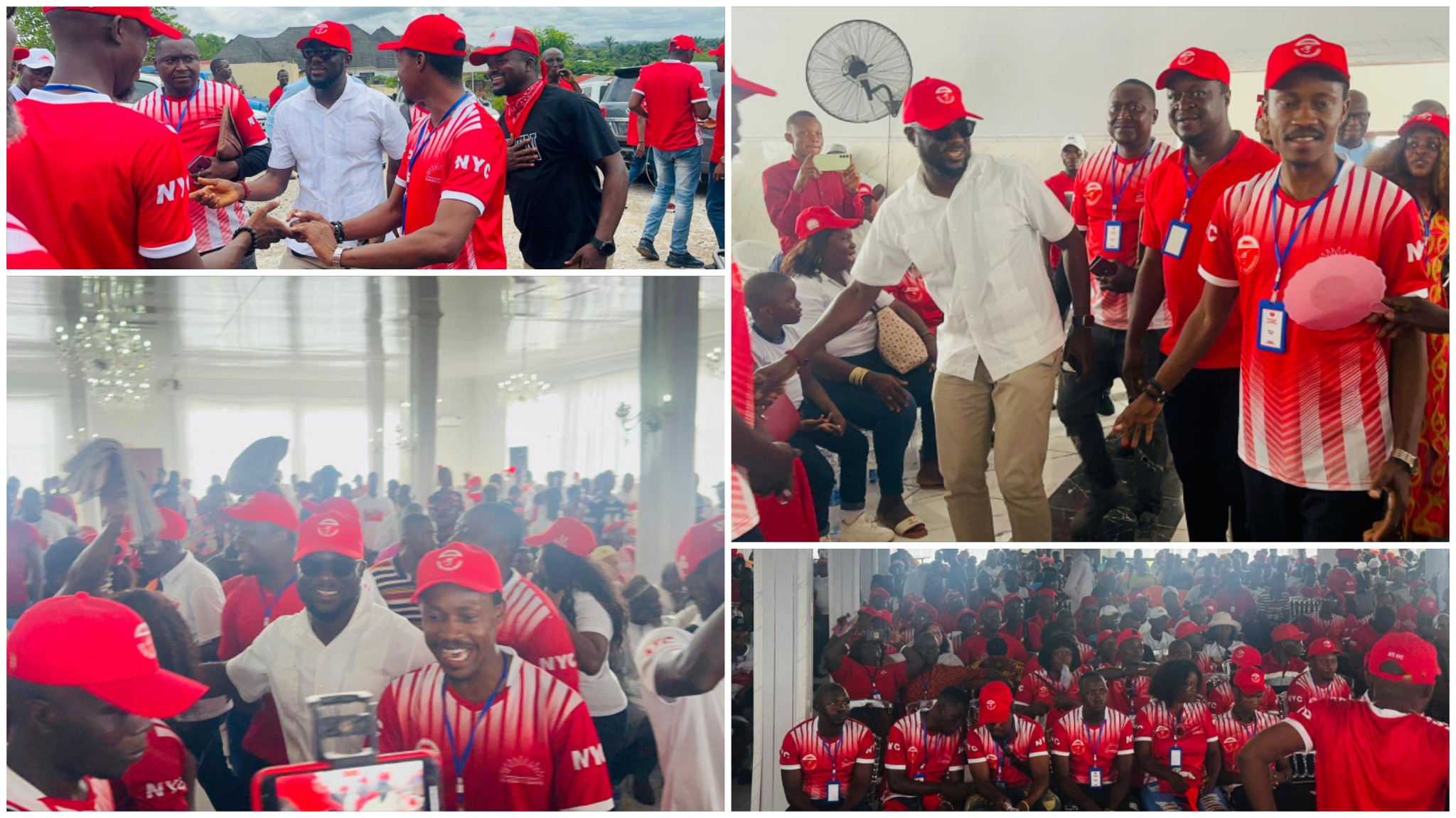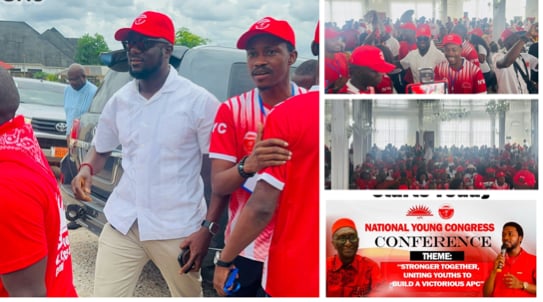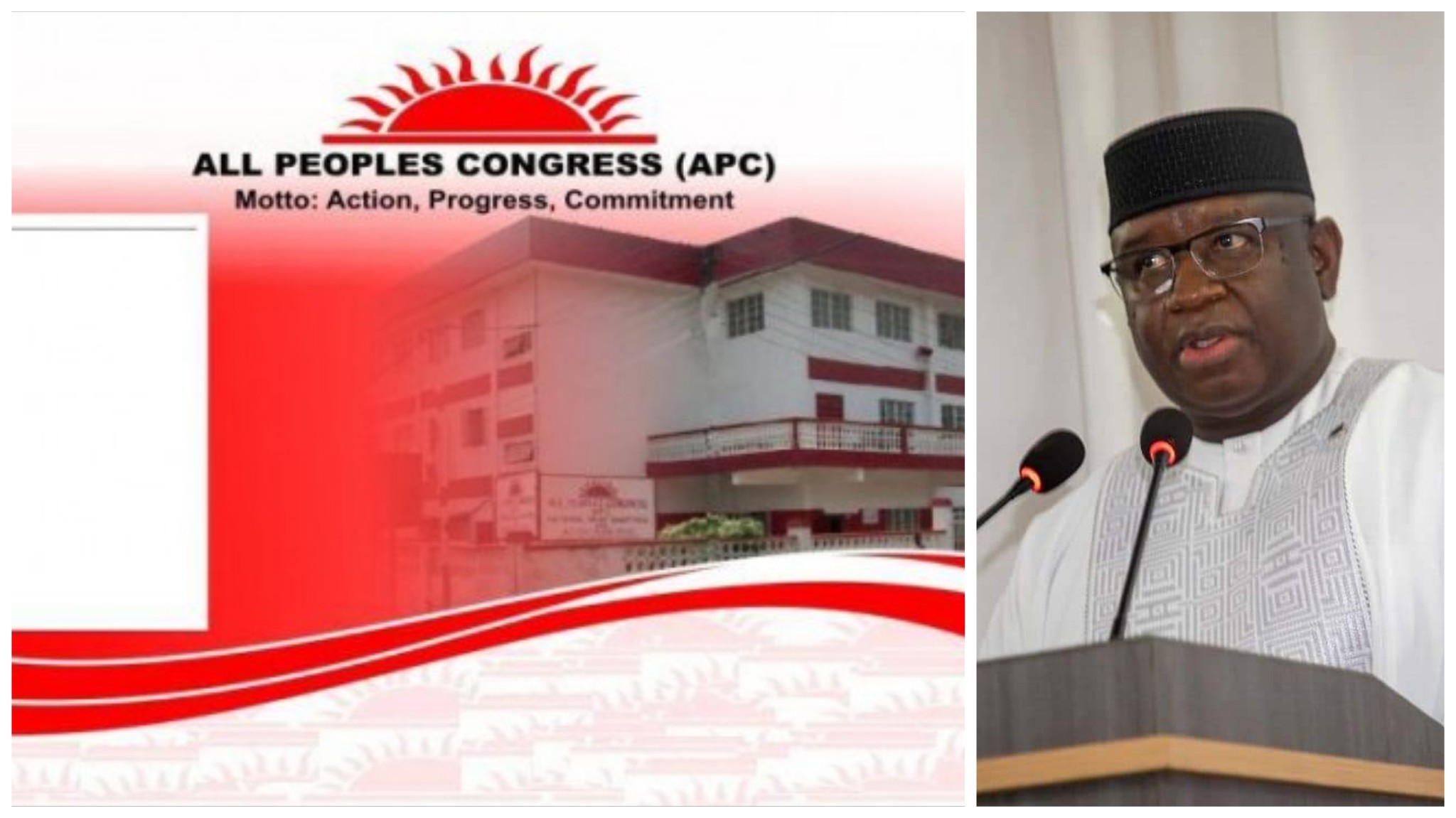
Justice Adrian Fischer has stated in court last week that he has a constitutional duty to ensure that Dr Samura Kamara and his co-accused have a fair trial.
Responding to the prosecution’s reluctance to accept crucial evidence in the trial involving former All Peoples Congress (APC) presidential candidate Dr Samura Kamara, the judge reminded prosecutor Masebo that, “ in as much that I have the duty to be fair to the prosecution, I also have the constitutional duty to ensure that the accused get a fair trial.” He went on to state, “ In determining whether I can give him a fair trial, I need to examine the prosecutorial tactics being used to determine that even though they might be legitimate, but does it impact upon fair trial?”
Yesterday’s proceeding was dominated by legal arguments relating to whether particular evidence should be tendered by the defence in the trial involving Dr Samura Kamara and five other accused persons.
The trial started with Pa Momoh Fofana, the defence Lawyer for 1st accuse Saidu Nallo who attempted to tender various letters to serve as material evidence in his client’s defence.
The evidence includes letters between the head of the chancery and the ministry of Foreign Affairs and the contractor summarizing payments received by the contractor from the government of Sierra Leone.
According to the defence, the evidence will help their case and even assist the prosecution to conclude their case.
This, he said is because the letters clearly show where funds went and which he believes would assist the prosecution to conclude their case instead of going on a “wild geese chase.”
Contrary to allegations that funds were misappropriated, Lawyer Fofana submitted that the evidence will prove that the funds were directed to what they were meant for.

The ACC prosecutor, Calvin Matebo objected to the defence’s submission arguing that the said documents have the potential to hinder or interfere with their case.
The judge painstakingly tried to guide the prosecution on the need to allow the evidence to be tendered. He asked, “ In as much that the evidence will interfere with the prosecution’s case, does it hinder your case?”.
Lawyer Masebo first responded in the negative but later accepted that the evidence will indeed hinder their case.
The Anti Corruption Corruption prosecutor however failed to convince the judge who later ruled in favour of accepting the letters as part of the evidence.



